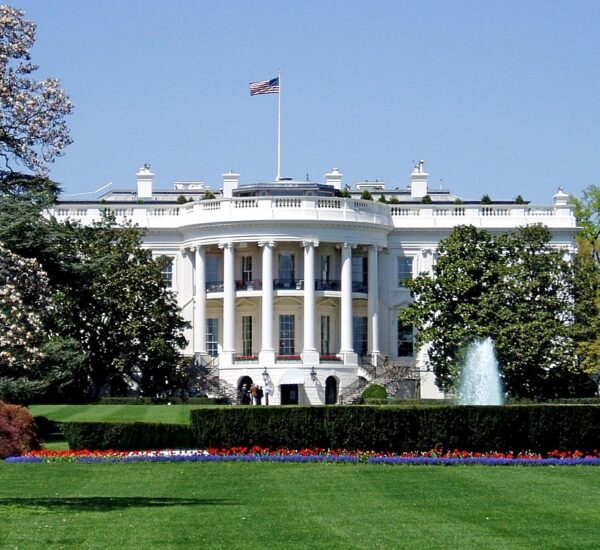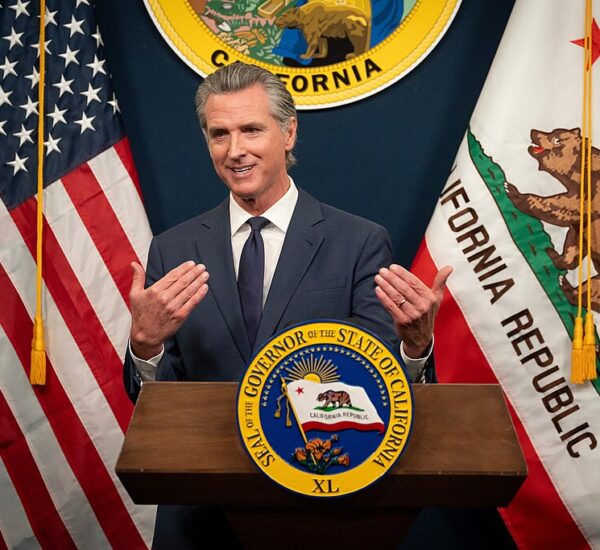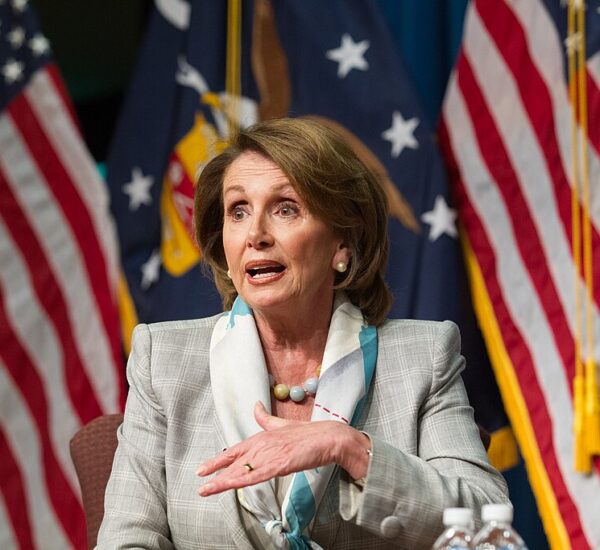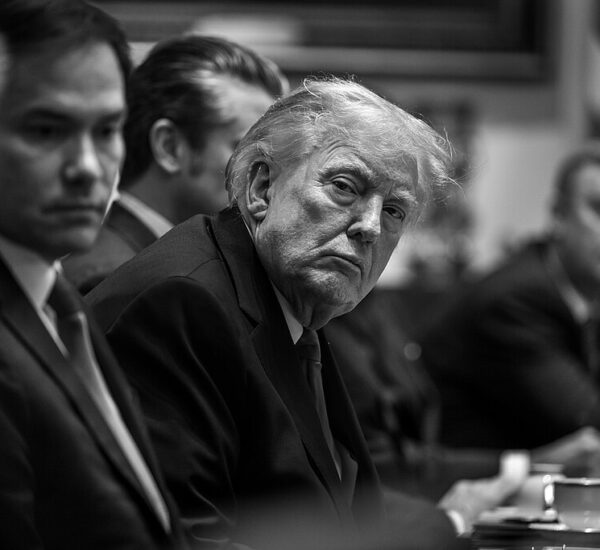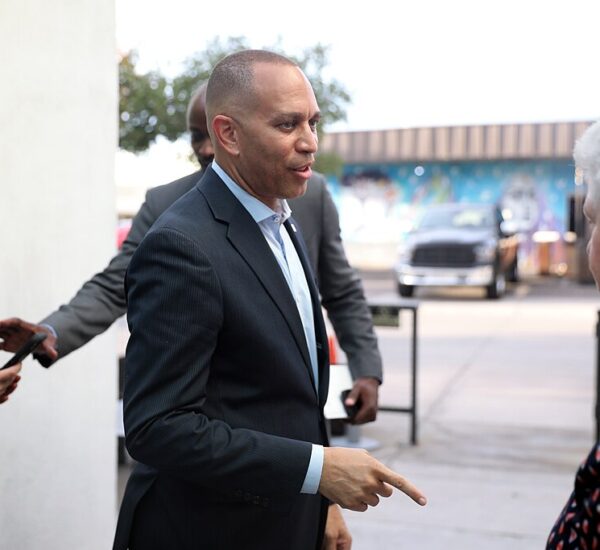Trump Shuts Down Gambling?
A little-known tax tweak in President Trump’s new tax and spending bill is making waves—and it could hit professional gamblers and the casino industry hard.
As part of the America First Tax Reform Package, a pro-growth, pro-savings plan championed by President Trump, a provision buried deep in the legislation is now raising red flags from both parties. The measure reduces how much gambling losses can be deducted—potentially triggering unexpected tax bills for thousands of Americans.
✅ What’s in the New Gambling Tax Rule?
The latest tax reform law extends many of the popular tax cuts from Trump’s landmark 2017 Tax Cuts and Jobs Act. But within the nearly 1,000-page bill is a small clause with a big impact:
🔹 Gamblers will now only be able to deduct 90% of their losses, down from the full 100% allowed under current law.
This change takes effect January 1, 2026, unless reversed by Congress. That means professional gamblers who break even could still face hefty tax bills—a major shift from past IRS treatment.
🎯 Who Gets Hit the Hardest?
According to tax experts, this rule targets professional and high-stakes gamblers, not casual players. Think poker professionals, full-time sports bettors, and others who rely on gambling for income.
🔸 Example: A professional poker player who spends $1 million on tournament entry fees and wins exactly $1 million would previously owe nothing. Under Trump’s new rule, they’ll be taxed on $100,000 of phantom “profit”—despite breaking even.
👉 Result? Increased taxes, reduced profitability, and a possible push toward offshore and unregulated betting markets.
🏛️ Why Was This Provision Included?
The GOP used a budget tactic called reconciliation to pass the bill with a simple majority, bypassing Democrat obstruction. But the rules required every element of the bill to have a “budgetary effect.”
🔹 So, to keep the gambling deduction in play, it had to be “scored”—leading to the 90% cap.
A spokesperson for the Senate Finance Committee, led by Chairman Mike Crapo (R-ID), said the tweak was necessary to preserve the deduction while keeping the bill compliant with reconciliation rules.
💰 How Much Will It Raise?
The Joint Committee on Taxation estimates this gambling provision will raise $1.1 billion over 10 years.
While that may sound like a win for federal revenue, the bill as a whole slashes spending on bloated welfare programs like Medicaid and SNAP and ends student loan handouts—delivering long-term savings to taxpayers and retirees.
🔥 Backlash from Nevada and the Casino Industry
Democrat Sen. Catherine Cortez Masto (D-NV) is already calling for a repeal, claiming the rule could devastate Nevada’s casino sector.
Even some GOP lawmakers admit they were unaware of the final language until after the vote.
But Sen. Ron Johnson (R-WI) warned that the rush to finalize the bill left little time for discussion, even on major items.
🔹 “I called for a full conference to review all provisions. Unfortunately, that didn’t happen,” Johnson said.
🚨 Could Congress Roll It Back?
There’s potential for revision—especially if industry leaders and conservative states like Nevada and Mississippi raise enough pressure.
Chairman Crapo is reportedly open to feedback and reviewing how the change affects reporting, compliance, and industry profitability.
But for now, the gambling deduction change stands as law, and time is ticking before it takes effect.
🧠 Bottom Line: What This Means for You
- ✔️ Casual players likely won’t notice the change.
- ⚠️ Professional gamblers will owe taxes even when they break even.
- 💸 The IRS stands to collect billions—at the players’ expense.
- 🚫 This could drive bettors to black-market and offshore platforms.
Trump’s broader tax package remains a landmark win for middle-class families, seniors, and job creators—but this single provision may require tweaks as lawmakers assess the fallout.


